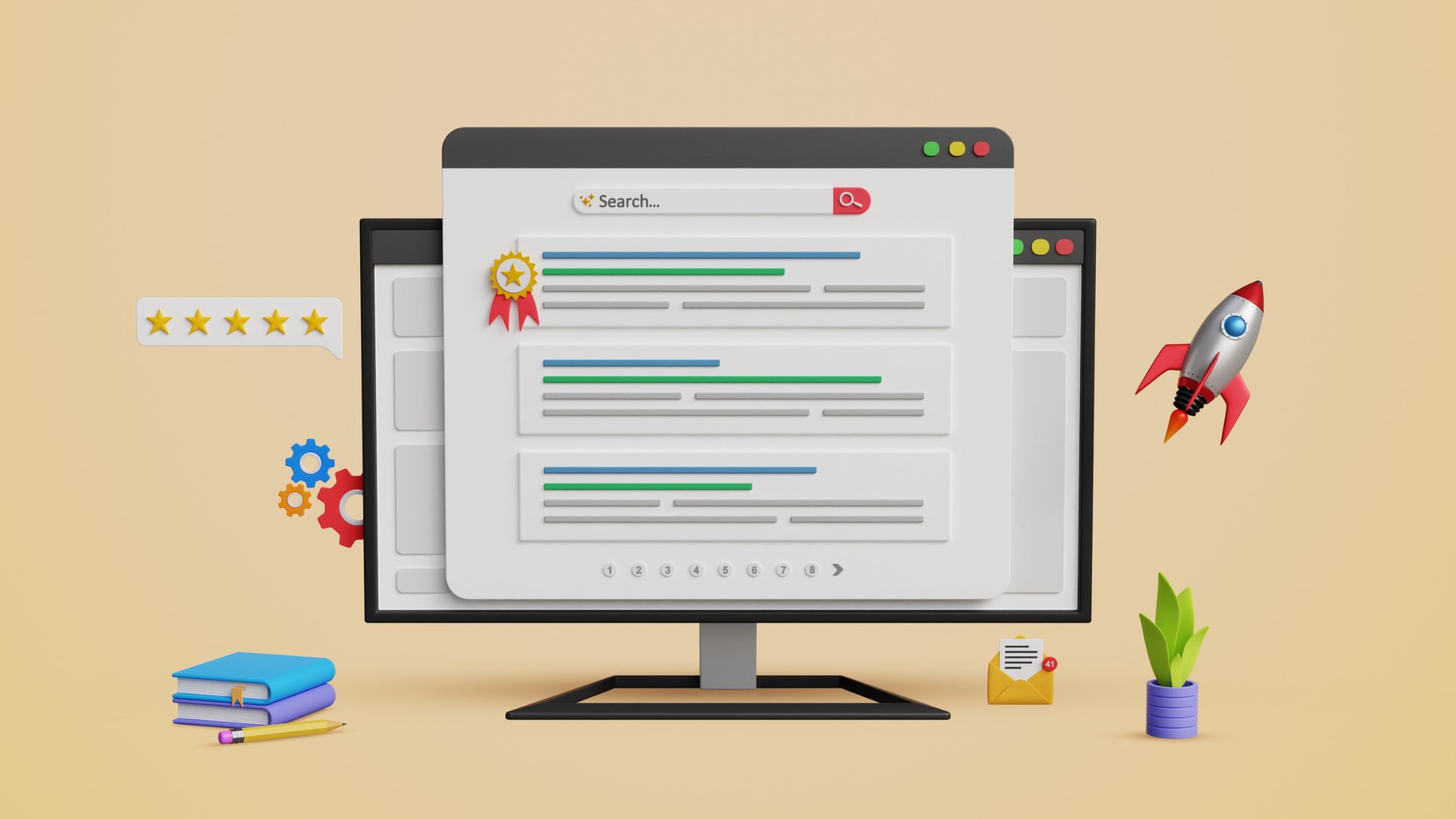Navigating payroll challenges is a constant hurdle for Singapore SME owners, who must grapple with stringent regulations and ever-evolving employment laws. With 95% of Singapore's businesses being SMEs employing 72% of the workforce, according to the Ministry of Manpower, staying compliant can be daunting. A 2022 IRAS study revealed that 30% of local SMEs struggle with payroll compliance, from CPF contributions to foreign worker levy calculations - numerous obstacles whether you're a startup in Tanjong Pagar or an established business in Jurong.
Singapore SMEs face significant payroll challenges in maintaining competitive salary structures while safeguarding profit margins. With 53% of Singaporean employees citing inadequate compensation as their primary source of job dissatisfaction, SMEs must regularly review and adjust salaries to retain talent. However, rising inflation costs and high rental expenses are simultaneously eroding profit margins, creating a delicate balancing act for businesses.
The evolving business environment and new tax regulations have intensified payroll compliance challenges for Singapore SMEs. Employers must navigate intricate mandatory contributions such as the Central Provident Fund (CPF), Skills Development Levy (SDL), and Foreign Worker Levy (FWL). Failing to comply with these regulations can result in costly penalties and legal issues, further burdening SMEs with limited resources.
Limited resources, rising costs, and talent shortages are among the top challenges faced by SMEs in Singapore. Many small businesses lack dedicated payroll staff, making it difficult to manage complex payroll processes effectively. Moreover, manpower shortages and difficulties in attracting skilled workers, exacerbated by foreign worker quota restrictions, are hampering SMEs' ability to innovate and grow. These constraints often lead to inefficiencies in employee compensation management and overall business operations.
Payroll challenges for Singapore SMEs extend beyond local borders, especially when expanding globally. Each country has its own unique set of compliance laws and regulations concerning employee compensation and tax withholding. For instance, businesses must consider registration requirements and local employment laws for global payroll compliance. This can be particularly daunting for SMEs with limited resources.
Compliance with diverse international labour laws is essential for global payroll management. Singapore companies must stay abreast of varying minimum wage requirements, overtime regulations, and social security contributions across different jurisdictions. Failure to adhere to these regulations can result in hefty fines and reputational damage.
To overcome these payroll challenges, many Singapore SMEs are turning to automated solutions. These systems can help ensure accurate calculations, timely submissions, and proper documentation across multiple countries, reducing the risk of non-compliance and streamlining global payroll processes.
In Singapore, timely payment and proper payslip delivery are crucial aspects of managing payroll challenges, especially for SMEs with international employees. According to the Employment Act, salaries must be paid within 7 days after the end of the salary period, while overtime payments have a 14-day deadline. These strict timelines ensure fair employee compensation and help maintain a positive work environment.
Employers are required to issue itemised pay slips to all employees covered by the Employment Act. These payslips must include:
Employee's name and employer's details
Date of payment and salary period
Basic salary and allowances
Deductions and CPF contributions
Net salary paid
Implementing payroll software can streamline this process, ensuring compliance and reducing administrative burden for SMEs managing international workforce.
Maintaining detailed employment records is essential for both current and former employees. As per regulations, employers must keep records for current employees for up to two years, and for ex-employees for one year after their departure. This practice not only aids in resolving potential disputes but also ensures smooth audits and regulatory compliance.
In today's global marketplace, Singapore SMEs face significant payroll challenges when dealing with multi-currency payments. One effective strategy is natural hedging, which offsets exchange rate fluctuations by aligning revenues and expenses in different currencies. This approach can help mitigate currency risk and stabilise cash flows for businesses operating across borders.
Setting up alerts for predetermined rates or using custom methods can help SMEs stay ahead of currency fluctuations. According to UOB, businesses can leverage technology like FX trading apps to track fluctuations, set desired exchange rate alerts, and instantly book FX transactions when rates are favourable. This proactive approach allows companies to secure preferred rates and protect their profits.
For SMEs with foreign investments, implementing hedging strategies is crucial to protect against currency risk when converting funds back to the investor's home currency. Airwallex suggests that businesses can use forward contracts to hedge against currency fluctuations or operate through USD accounts to avoid unfavourable exchanges. By employing these strategies, SMEs can better manage employee compensation and mitigate the impact of exchange rate volatility on their operations.
In Singapore, SMEs face unique payroll challenges when it comes to year-end tax calculations. The corporate tax rate is a flat 17%, but SMEs can benefit from statutory concessions, potentially lowering their effective tax rate to around 15%. This presents an opportunity for savvy business owners to optimise their tax strategy.
To navigate these challenges effectively, SMEs should focus on year-end tax planning strategies. This involves carefully reviewing employee compensation structures and identifying potential deductions. By maintaining accurate financial records and staying informed about the latest tax regulations, SMEs can minimise their tax liability while ensuring compliance.
According to RSM Stone Forest, many businesses choose to outsource their tax compliance needs to professional service providers. This approach can help SMEs navigate complex reporting requirements, ensure timely filings, and focus on revenue-generating activities. Engaging tax experts can also provide valuable insights into optimising your tax position and identifying eligible deductions and exemptions.
When addressing payroll challenges, transparent communication is key. Promptly acknowledge any payroll errors to employees and outline clear steps for resolution. This approach builds trust and helps manage employee expectations during the rectification process.
Implementing an efficient system for handling employee compensation queries is crucial. For instance, Zoho People Plus HR software includes a case management system to resolve queries efficiently. This type of solution can streamline the process of addressing payroll-related concerns, ensuring timely responses and resolutions.
To improve your payroll query management, it's essential to measure and optimise resolution times. Aim for a resolution time that is below the industry average. Regularly analyse your performance metrics to identify areas for improvement in your payroll processes. By consistently refining your approach, you can enhance employee satisfaction and reduce the frequency of payroll-related issues.
Small and medium-sized enterprises (SMEs) in Singapore face significant payroll challenges due to budget constraints and complex regulatory requirements. With limited resources, many SMEs struggle to implement robust payroll systems and processes. According to a recent study, compliance with regulations like the Employment Act, CPF contributions, and tax requirements is a major challenge, demanding careful attention and expertise.
Maintaining compliance with tax laws and CPF contributions is a top issue for businesses in Singapore's ever-changing regulatory landscape. SMEs must stay updated with frequent changes to avoid penalties and legal complications. As reported, many SMEs still rely on manual, error-prone processes for payroll management, increasing the risk of non-compliance and employee dissatisfaction.
To overcome these payroll challenges, SMEs can leverage technology and outsourcing solutions. Implementing payroll software that incorporates the latest regulatory changes can help automate calculations, manage records, and ensure compliance. Additionally, outsourcing payroll functions provides access to expertise without the need for in-house resources, allowing SMEs to focus on core business activities while ensuring accurate employee compensation.
As Singapore's SME landscape continues to evolve, addressing payroll challenges remains crucial for sustainable growth. By leveraging technology, staying informed on regulatory changes, and prioritising compliance, your business can navigate these hurdles effectively. Remember, 92% of Singapore SMEs that have adopted payroll software report improved efficiency and reduced errors (IMDA, 2022). Whether you're a startup in Jurong or an established SME in Toa Payoh, embracing these strategies will position your company for success. As you move forward, consider partnering with local payroll experts or exploring government-backed initiatives like the SMEs Go Digital programme to further streamline your processes and ensure your business thrives in Singapore's dynamic economy.

In Singapore’s job market, portals offer fast access while agencies provide tailored matchmaking.
Read more
FastGig helps solve manpower shortages by offering flexible gig work for businesses and individuals in SG.
Read more
Hiring faster starts here—Job Bump boosts your listing by 30%+ without needing a repost.
Read more